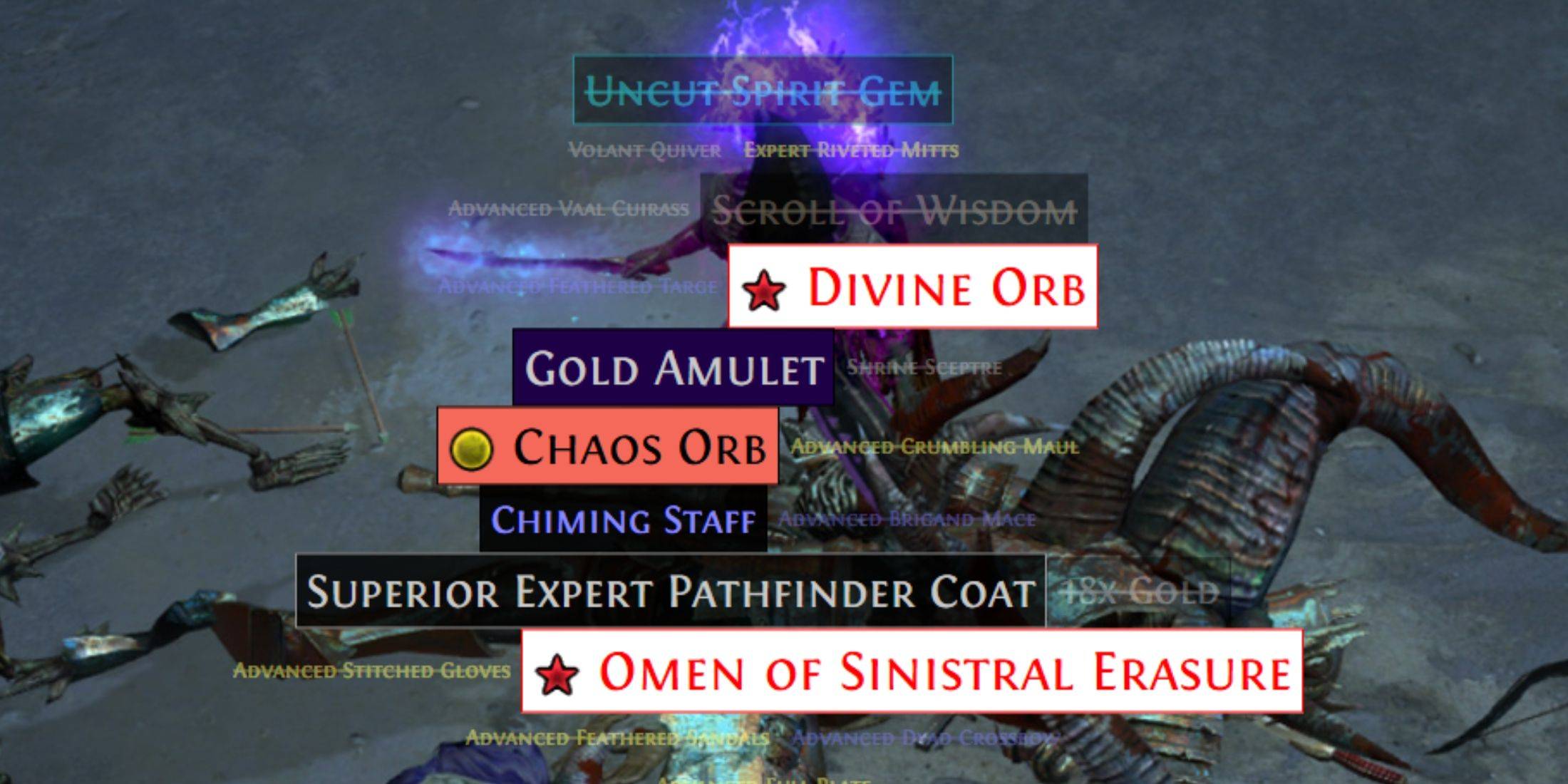

Valve has established a dedicated policy page outlining advertising guidelines, explicitly prohibiting games that require players to view forced in-game ads. Continue reading to understand these new regulations and their implications for gamers.
Valve Implements Strict Advertising Guidelines
Developers Required to Eliminate Mandatory Ad Content
 Valve has published a comprehensive policy page stating their prohibition against games that mandate players to watch advertisements or interact with ad content to progress. This practice, frequently seen in mobile free-to-play games promoted across social media, often includes unskippable ads between levels or bonus rewards for ad viewing.
Valve has published a comprehensive policy page stating their prohibition against games that mandate players to watch advertisements or interact with ad content to progress. This practice, frequently seen in mobile free-to-play games promoted across social media, often includes unskippable ads between levels or bonus rewards for ad viewing.
While these guidelines have existed within Steamworks' terms for approximately five years, they've only recently been given a dedicated webpage due to increasing submissions. SteamDB records show exponential growth in platform releases, with 18,942 titles launched in 2024 alone.
 This stricter enforcement reflects Steam's advertisement-free environment, which doesn't support ad-based monetization models. Games utilizing this approach must either remove ad mechanics before Steam submission or transition to a premium payment model.
This stricter enforcement reflects Steam's advertisement-free environment, which doesn't support ad-based monetization models. Games utilizing this approach must either remove ad mechanics before Steam submission or transition to a premium payment model.
Alternative monetization options include free-to-play structures with voluntary microtransactions or DLC purchases. For instance, the mobile-to-PC port Good Pizza, Great Pizza successfully adapted by converting ad-based rewards into purchasable content or progression unlocks.
Approved Advertising: Product Placement and Promotions
While disruptive ads remain prohibited, Steam permits licensed product placement and cross-promotional content. Racing simulations displaying authentic sponsor logos or skateboarding games featuring real brands fall under acceptable practices, provided proper licensing exists.
These policies aim to maintain Steam's reputation for high-quality PC gaming experiences, ensuring players aren't subjected to immersion-breaking advertisement mechanics.
New Warnings for Stale Early Access Titles
 Steam has discreetly implemented a notification system for Early Access games lacking updates for twelve months or longer. Affected titles now display prominent alerts indicating the duration since last update and warning that developer-provided information may be outdated.
Steam has discreetly implemented a notification system for Early Access games lacking updates for twelve months or longer. Affected titles now display prominent alerts indicating the duration since last update and warning that developer-provided information may be outdated.
As Early Access offerings proliferate on Steam, these notifications help users identify potentially abandoned projects. While user reviews previously served this purpose, the new standardized warnings provide immediate transparency.
The gaming community has largely praised this feature across social platforms and Steam forums, though some argue titles inactive for five-plus years should face removal from the storefront entirely.

 Latest Downloads
Latest Downloads
 Downlaod
Downlaod




 Top News
Top News









